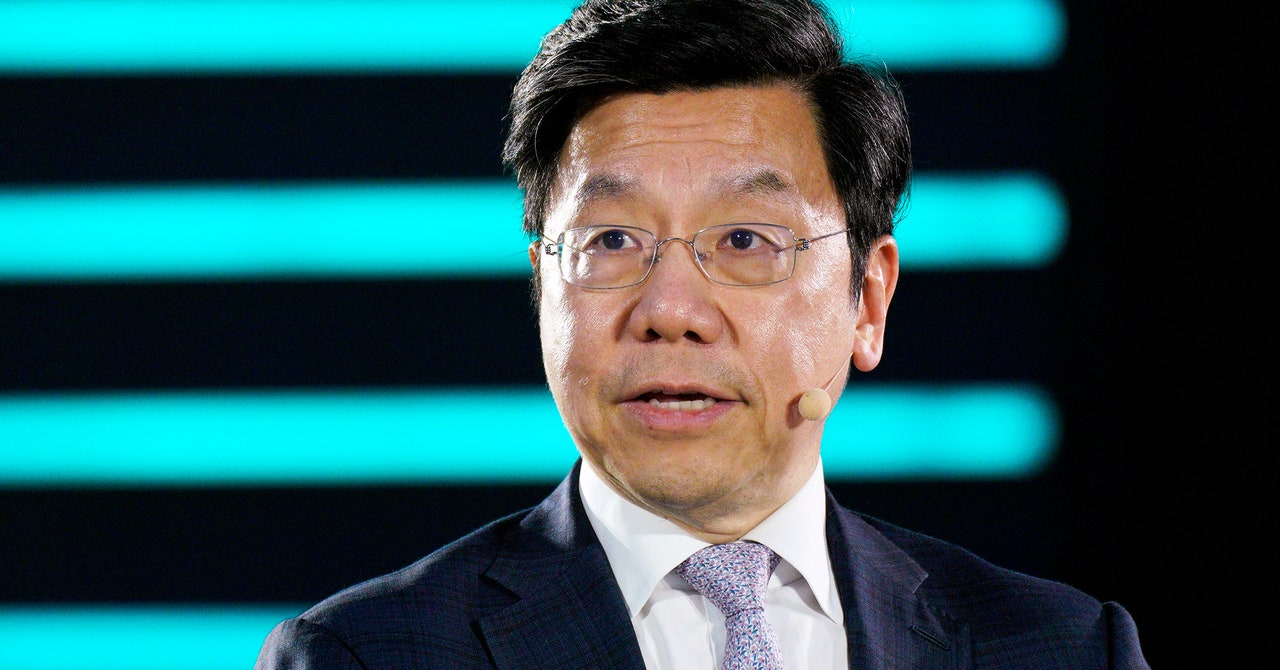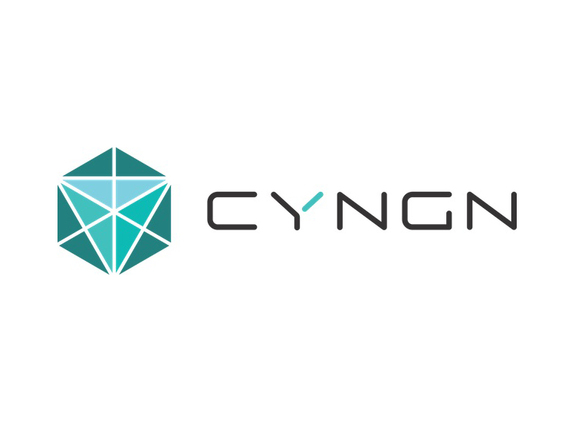The viability of machine learning as a service (MLaaS) is facing challenges due to a series of legal disputes, notably involving Anthropic and OpenAI. These lawsuits revolve around the objection of copyrighted material owners to the unauthorized use of their content for training machine learning models.
Companies like OpenAI utilize generative AI models that collect extensive data from the internet. Despite claims of ‘fair use’ of publicly available data, legal disputes arise concerning the control and use of copyrighted materials. For instance, if OpenAI reproduces copyrighted content verbatim without permission, it could be deemed a copyright violation.
In a specific case involving the New York Times suing OpenAI, the newspaper alleges that the ML engine extracted information from millions of NYT articles, benefiting from the newspaper’s substantial journalistic investment without proper compensation.
Similar copyright infringement cases have emerged, such as Getty Images taking legal action against Midjourney and Stability AI for unauthorized use of images. DeviantArt also faced class action suits for generating images from user text prompts without proper authorization.
During testimony to the UK’s House of Lords, OpenAI acknowledged the reliance on copyrighted materials for training AI models, justifying it as ‘fair use.’ This practice raises concerns about the ethical and legal implications of using copyrighted content without explicit permission.
Getty Images, initially cautious about AI-generated images, later introduced ‘Generative AI by iStock’ with legal safeguards and compensation mechanisms for content creators. However, the complexities of enforcing copyright online persist, especially for individual creators lacking legal resources compared to large corporations.
The CEO of Greyscale, Michael Sonnenshein, proposed blockchain technology as a solution to copyright issues, citing its immutable nature for verifying ownership. However, concerns exist regarding the ecological impact of blockchain technology and the practicality of compensating every content creator for AI model training.
In conclusion, the coexistence of generative AI and copyright faces significant challenges in terms of cost-effectiveness and implementation. While blockchain offers potential solutions, practical and ethical considerations need to be addressed to ensure fair compensation and protection of intellectual property rights in the digital age.
[“Golden Sky Trawler” by 4BlueEyes Pete Williamson is licensed under CC BY-NC-ND 2.0.]






